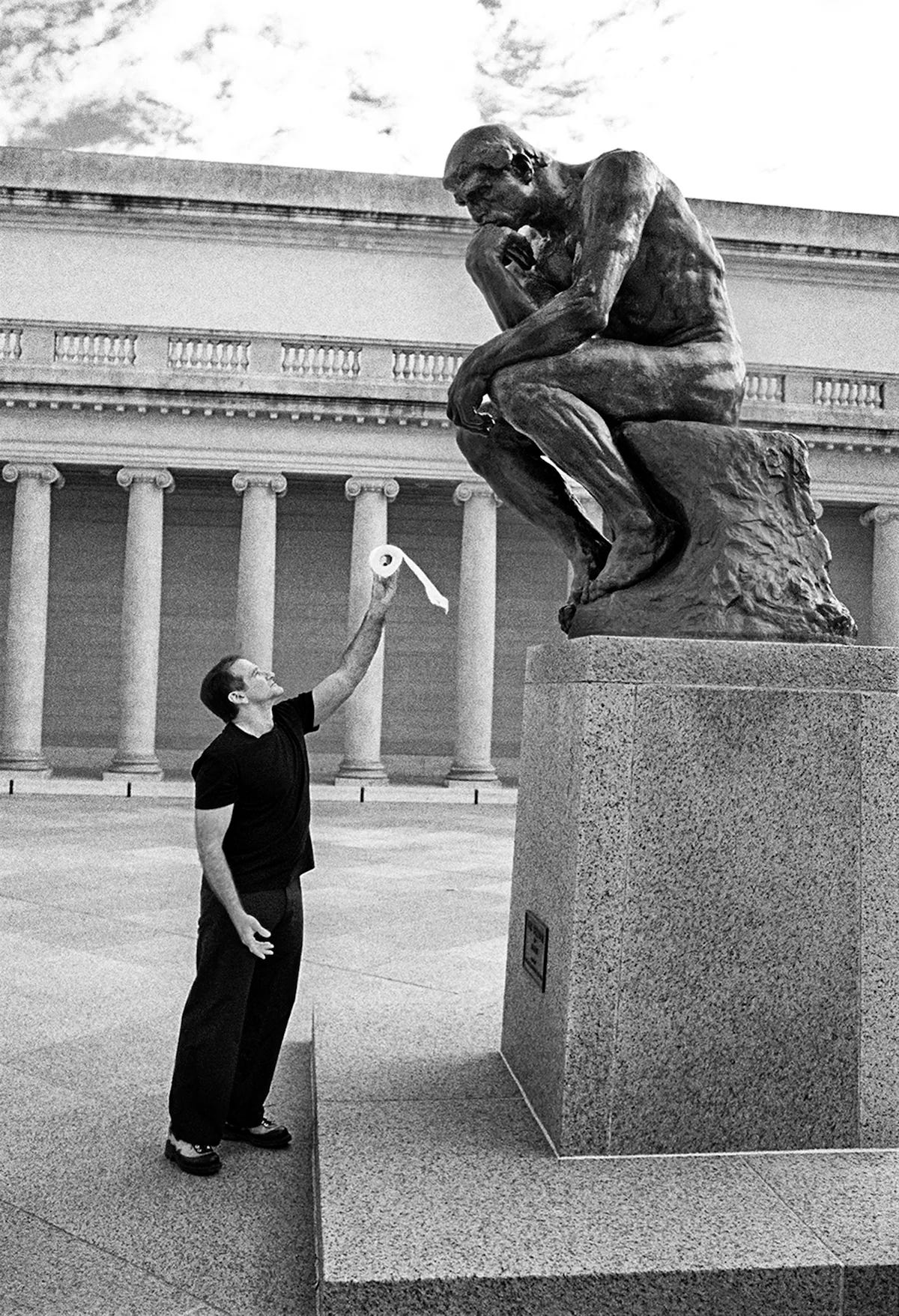ABOVE: Robin Williams tries to help.
I haven’t been feeling myself of late. I’ve been feeling unwell. My head has felt heavy, my heart heavier still. Something is wrong with my eyes. Everything seems dark.
I worried it might be a tumor.
I worried it might be inoperable.
I worried.
I went to my doctor. She looked in my eyes, she looked in my ears. She liste…
Keep reading with a 7-day free trial
Subscribe to Shalom Auslander's Fetal Position to keep reading this post and get 7 days of free access to the full post archives.





